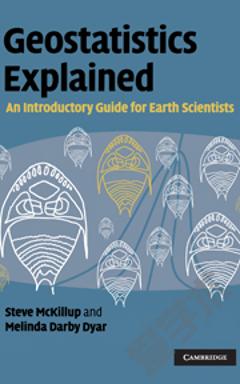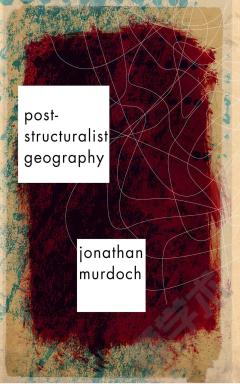CiteSpace: A Practical Guide for Mapping Scientific Literature
CiteSpace is a freely available computer program written in Java for visualizing and analyzing literature of a scientific domain. A knowledge domain is broadly defined in order to capture the notion of a logically and cohesively organized body of knowledge. It may range from specific topics such as post-traumatic stress disorder to fields of study lacking clear-cut boundaries, such as research on terrorism or regenerative medicine. CiteSpace takes bibliographic information, especially citation information from the Web of Science, and generates interactive visualizations. Users can explore various patterns and trends uncovered from scientific publications, and develop a good understanding of scientific literature much more efficiently than they would from an unguided search through literature. The full text of many scientific publications can be accessed with a single click through the interactive visualization in CiteSpace. At the end of a session, CiteSpace can generate a summary report to summarize key information about the literature analyzed. This book is a practical guide not only on how to operate the tool but also on why the tool is designed and what implications of various patterns that require special attention. This book is written with a minimum amount of jargon. It uses everyday language to explain what people may learn from the writings of scholars of all kinds.Target Audience:Users of the CiteSpace software, and anyone who is interested in mapping scientific literature, also known as science mapping, more broadly anyone in scientometrics, bibliometrics, citation analysis, and research evaluation, and visual analytics. Any researchers who need to better and faster ways to understand scholarly literature of their own fields.
{{comment.content}}








 京公网安备 11010802027623号
京公网安备 11010802027623号